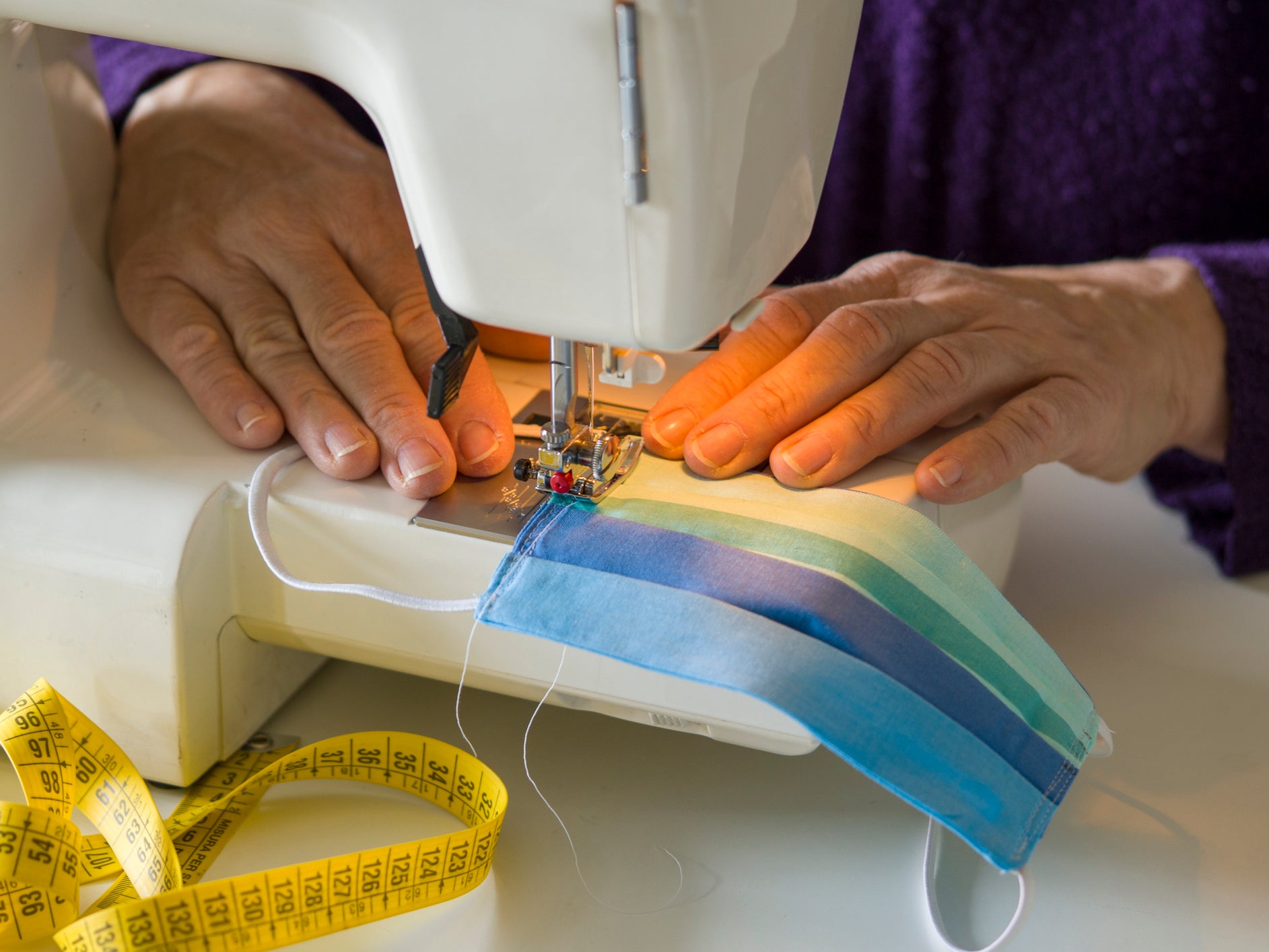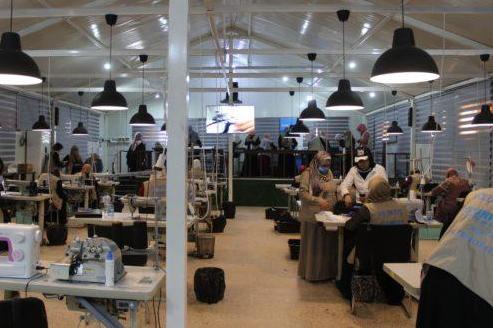UK scientists collaborate with Syrian refugees to produce reusable PPE
The UK government has sent more than £760,000 in funding to support The People’s PPE project

Your support helps us to tell the story
From reproductive rights to climate change to Big Tech, The Independent is on the ground when the story is developing. Whether it's investigating the financials of Elon Musk's pro-Trump PAC or producing our latest documentary, 'The A Word', which shines a light on the American women fighting for reproductive rights, we know how important it is to parse out the facts from the messaging.
At such a critical moment in US history, we need reporters on the ground. Your donation allows us to keep sending journalists to speak to both sides of the story.
The Independent is trusted by Americans across the entire political spectrum. And unlike many other quality news outlets, we choose not to lock Americans out of our reporting and analysis with paywalls. We believe quality journalism should be available to everyone, paid for by those who can afford it.
Your support makes all the difference.A team of UK scientists and artists have collaborated with Syrian refugees to produce reusable personal protective equipment (PPE), which is to be distributed in Jordan.
The initiative, titled “People’s PPE”, has been organised by the United Nations High Commissioner for Refugees (UNHCR).
It involves academics from the University of Sheffield, the London College of Fashion, the University of the Arts London (UAL), and researchers from two universities in Jordan – Al Albayt University and the University of Petra.
The project, which has received £766,675 in funding from the UK government, is offering refugees in the Zaatari camp in Jordan the opportunity to take on small-scale manufacturing jobs by producing reusable masks, shields and gowns amid the coronavirus pandemic.
The PPE is being made using materials that are low-cost, locally sourced and recyclable.
Moh’d Al Taher, associate external relations officer at UNHCR, explained that the project is helping to support the Syrian refugees in the camp by creating “livelihood opportunities”.
“The cooperation with the University of Sheffield and London College of Fashion, UAL, has resulted in training many Syrian refugee women in the Zaatari camp with skills in developing PPE,” he said.
“These skills created livelihood opportunities for refugees and supported the refugee community.”
Al Taher added that the UNHCR “plans to cover the needs of the camp community with PPE by using high-quality and low-cost materials”, using “innovative solutions” in doing so.

The 3D-printed face shields being as part of The People’s PPE were designed and produced using iForge, a collaborative workspace at the University of Sheffield run by engineering students.
Professor Tony Ryan, director of the Grantham Centre for Sustainable Futures at the university and principle investigator for The People’s PPE, stated that the initiative is “about empowering refugees in a moment of health crisis”.
“I’ve spent years working with the people of Zaatari and learning from their incredible resourcefulness and creativity,” the professor said.
“Faced with a global pandemic, we are working together to design and produce the protective equipment the refugees and their host community need to stay safe, while reducing plastic waste, creating jobs and building resilience within the camp community.”
Join our commenting forum
Join thought-provoking conversations, follow other Independent readers and see their replies
0Comments